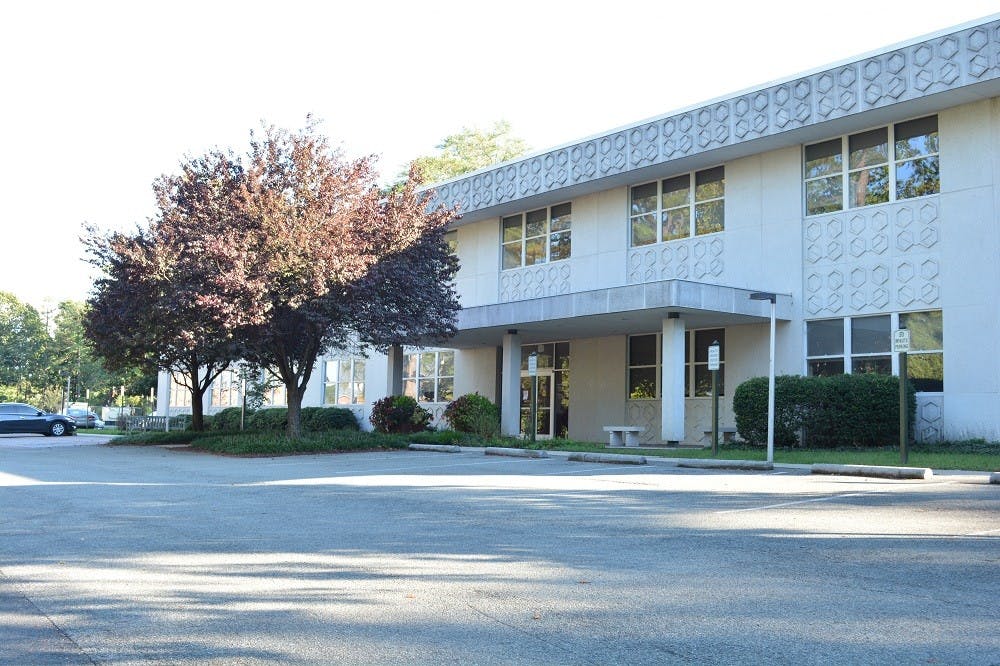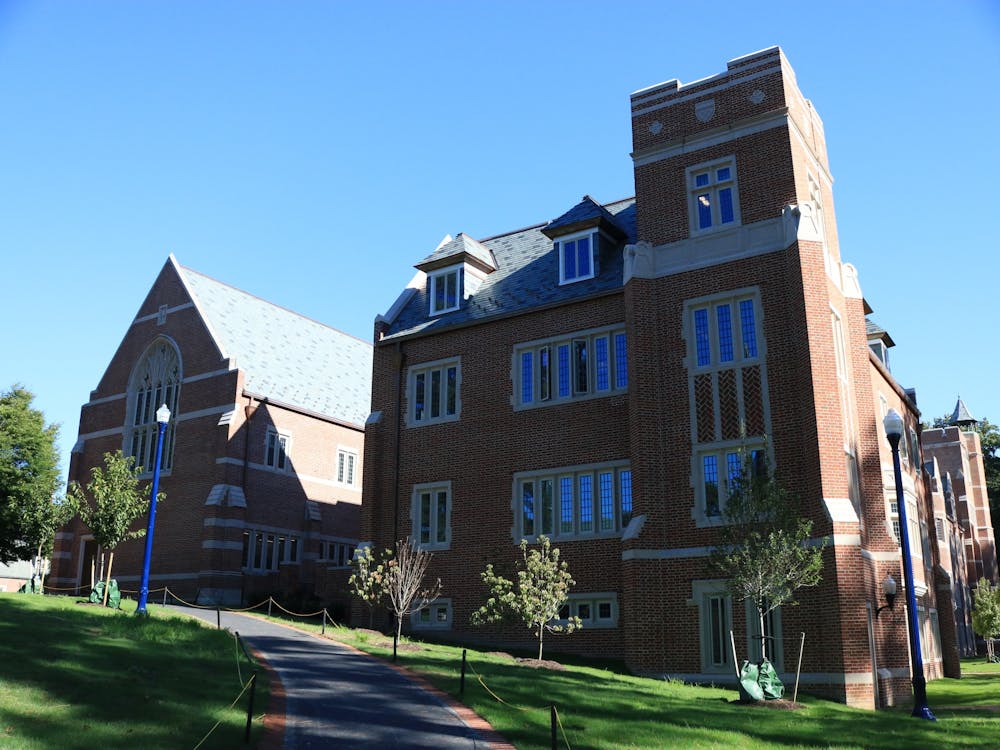University of Richmond is currently facing an outbreak of Adenovirus, a respiratory virus that has drastically increased the number of students seeking care at the Student Health Center.
On Friday, Nov. 11, the health center sent emails to students and faculty warning them about the outbreak.
Adenovirus is a respiratory virus that causes a wide range of illnesses, including fever, common cold, sore throat, bronchitis, pneumonia, diarrhea and pink eye, according to Centers for Disease Control and Prevention.
Lynne Deane, medical director of the health center, said the strain of the virus impacting campus had mainly caused the sore throat, cough and diarrhea symptoms. She said it caused severe symptoms, meaning students were feeling more sick and for longer periods of time than a common cold.
As of Nov. 1, the heath center had had 43 percent more student visits than in the entirety of the fall 2015 semester, Deane said.
Because of the number of sick students, the health center is unable to give all of them appointments. Depending on the number of calls and walk-ins they receive, the number of students the health center sees per day ranges from 30 to 60, Deane said.
“Some days its phenomenal how many phone calls we get,” she said.
To accommodate the number of sick students the health center has had this year, employees have implemented two new systems to help as many as possible.
The first is a queue on the Dial-A-Nurse phone line. If the line is busy when students call in, they are now able to wait on the line until the nurse is free.
The second is Spider Care, a face-to-face triage that allows walk-ins without appointments to be consulted by a nurse, even if the Health Center is too busy to give them an appointment.
“We’re doing the best we can with the resources we have, and I feel really good about the changes we’ve made to try to meet this demand,” Deane said.
Senior Emily Larrabee said she had been sick several times this semester. Although she had been unable to secure an appointment earlier in the semester, she was able to go in to the health center on Oct. 27 for her cough. Nearly a week later, she wasn’t feeling any better.
Enjoy what you're reading?
Signup for our newsletter
“I woke up on Tuesday, Nov. 1, feeling worse,” Larrabee said. “That’s when they told me I had that Adenovirus, and they told me it could take seven to 10 days, and that I should just wait it out.”
Larrabee went to her doctor in Charlottesville, Virginia, the next day, where she was given an alternate treatment that included antibiotics. She said she had missed five days of classes because she was sick.
Although the health center doesn’t give students sick excuses for class, the email that went out to faculty and staff emphasized that professors should be understanding of students who needed to miss class, Deane said.
Deane said that because the virus was so contagious, students infected with it should stay out of the classroom and areas where they could transfer it to other students.
“There is nothing that will cure it,” Deane said. “There’s no vaccine to prevent it. The best thing to do to keep yourself well is to wash your hands, wash your hands, wash your hands.”
Contact reporter Missy Schrott at missy.schrott@richmond.edu.
Support independent student media
You can make a tax-deductible donation by clicking the button below, which takes you to our secure PayPal account. The page is set up to receive contributions in whatever amount you designate. We look forward to using the money we raise to further our mission of providing honest and accurate information to students, faculty, staff, alumni and others in the general public.
Donate Now



